Micro concerts - an initiative of Kent Nagano in cooperation with the Philharmonisches Staatsorchester Hamburg and Staatsoper Hamburg. Tony Cooper reportsA series of micro concerts by the Philharmonisches Staatsorchester Hamburg, conducted by Kent Nagano, explored new ways and methods of listening to music at the time of the world pandemic through video technology. Therefore, in cooperation with a team of international video artists, a cycle of five audio-visual concerts responded to the times of the crisis. Originally streamed by Radio France, the videos have now become available for on-line viewing on the channels of the Philharmonisches Staatsorchester Hamburg and Staatsoper Hamburg.
Classical concert music and video art usually have few points of contact as visual broadcasts of orchestral concerts usually opt for a documentary format, the camera following the flow of the music showing performers, instruments and so forth in stark contrast to video technology in pop music which has enjoyed decades of evolution producing its own aesthetic forms. Therefore, in five compact micro concerts, each one lasting about 30 minutes, Kent Nagano, in association with Georges Delnon and the Philharmonisches Staatsorchester Hamburg, have fused classical music and contemporary video art corresponding to the phases of the world pandemic over the past couple of years.
A formidable team of international video artists, chosen by Georges Delnon (artistic director of the Philharmonisches Staatsorchester Hamburg and Staatsoper Hamburg) undertook the detailed task of visualising the programmes. The artists comprised Luis August Krawen, Jonas Englert, Zbig Rybczyński & Dorota Zglobicka, Kamila B. Richter & Michael Bielicky and Virgil Widrich. ‘We didn’t want to produce the nth streamed concerts,’ said Kent Nagano, ‘but offer viewers new images, leaving space for associative imagination’ while Georges Delnon, describing the project’s visual concept, had this to say: ‘Elements include avatars such as an animated Kent Nagano, distorted footage of the orchestra, webcam recordings and ‘‘found footage’’ thereby lending some of the music a completely new horizon for listeners and viewers alike.’
For Kent Nagano, the project was (and remains) close to his heart and it offered a chance to emphasise how important, relevant and necessary music can be in times of crisis: ‘The micro concerts are a kind of musical UFO,’ explained Maestro Nagano, ‘not resembling any known project. Each concert transports a message and tells a story showing how deeply music is rooted in society today, a special project, modern in structure and form, that could only have happened during the pandemic. In fact, the visualisation makes each micro concert a real creation.’
Overall, there was a total of 25 works recorded including music by Widmann, Schumann, Beethoven, Bach, Villa-Lobos, Dutilleux and Xenakis. Kent Nagano and the Philharmonisches Staatsorchester Hamburg were joined by such international performers as Klaus Florian Vogt who sang Mahler’s ‘Von der Jugend’ while Katharina Konradi, Jana Kurucová and Georg Nigl interpreted Ligeti’s avant-garde work ‘Nouvelles aventures’. Members of Staatsoper Hamburg comprised Hellen Kwon, Gabriele Rossmanith, Kristina Stanek, Kady Evanyshyn and Bernhard Hansky sang works by Bartók and Schoenberg while invited ensembles - Harvestehuder Kammerchor Hamburg and Rundfunkchor Berlin - were heard in pieces by Brahms and Schoenberg.
The micro concerts are available on-line (on demand) to 22 October 2022 via the orchestra's website, their YouTube channel, and the France Musique website.

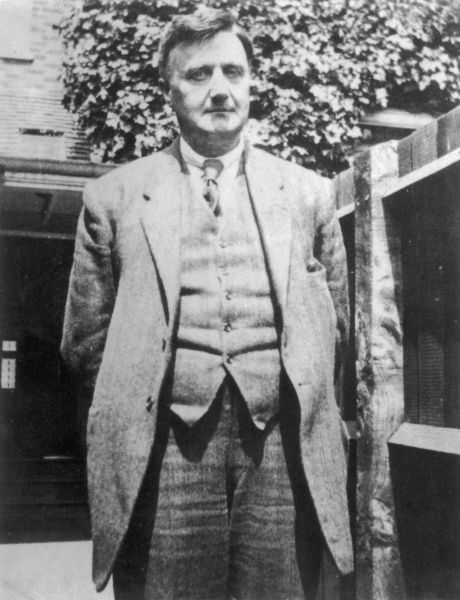
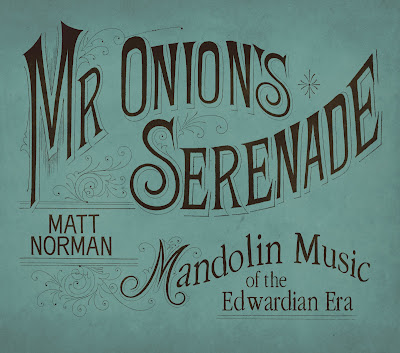
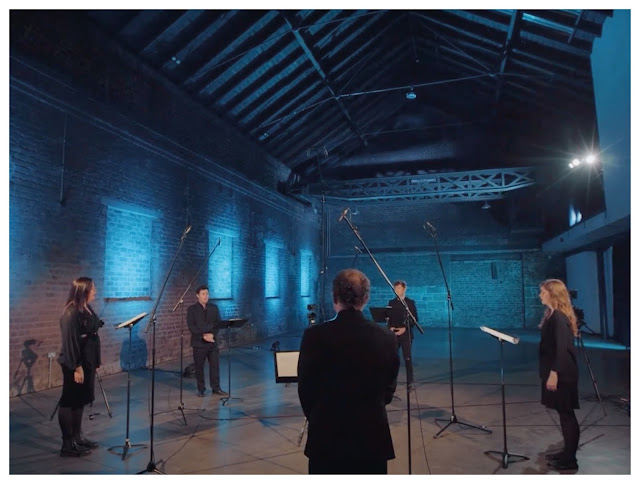



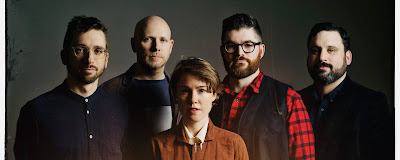
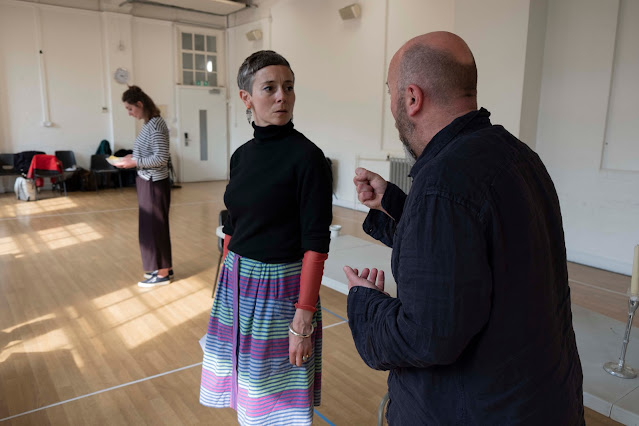





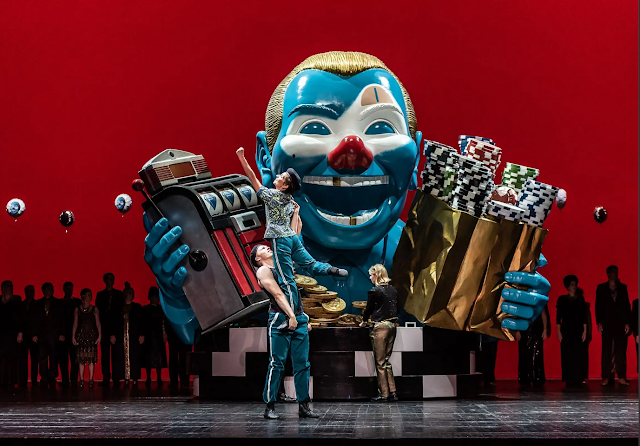


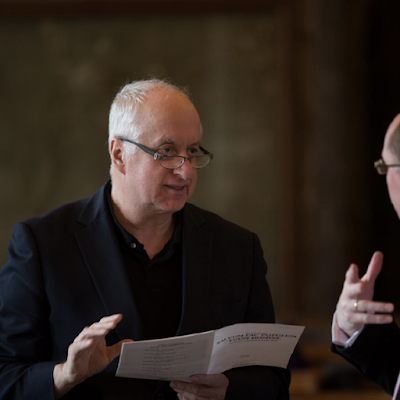
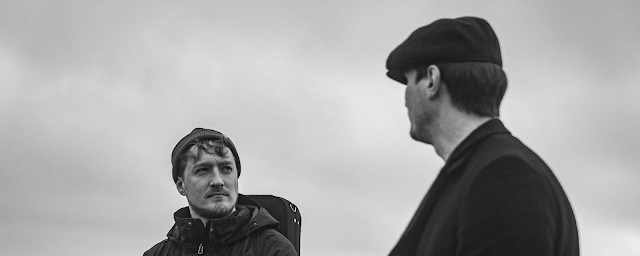

.jpg)
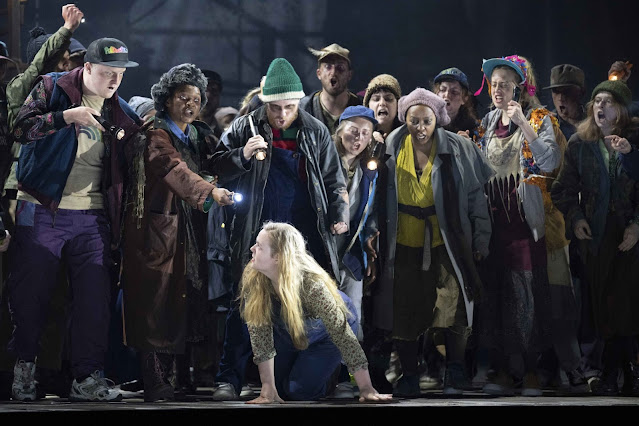



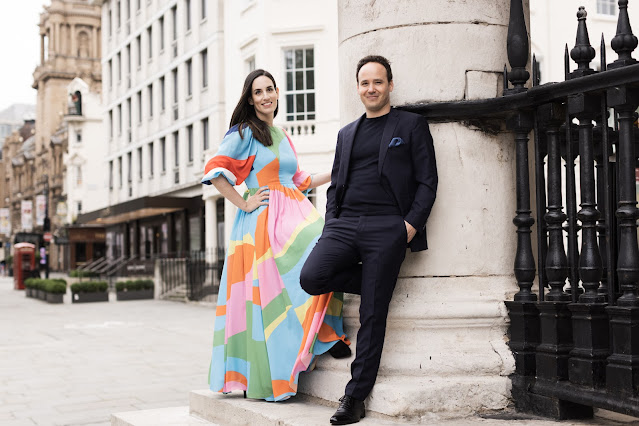

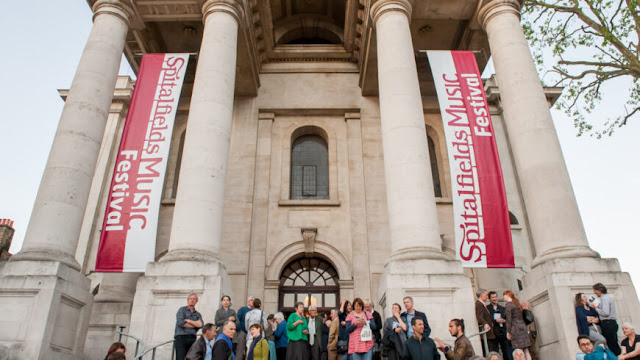


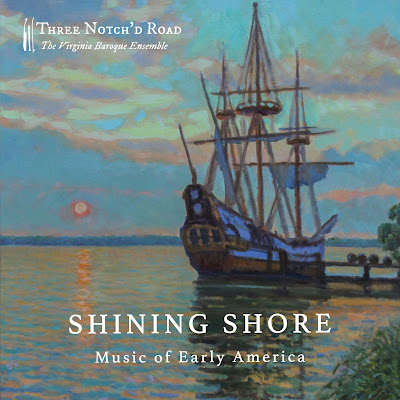
.jpg)










